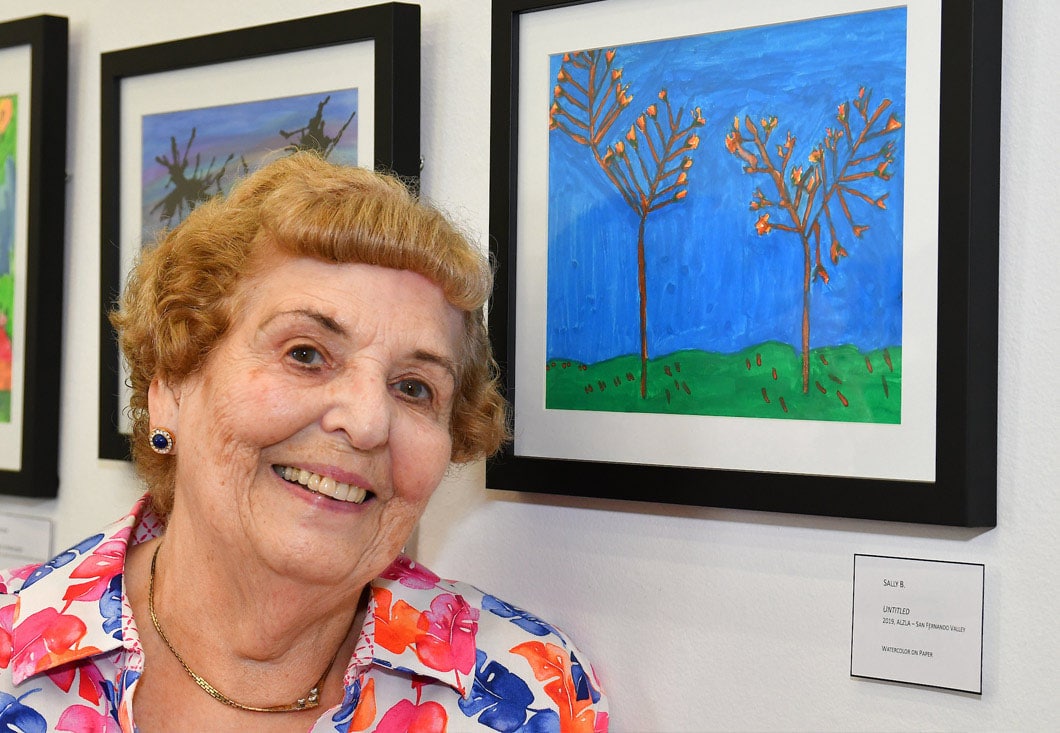
Not much about life these days feels normal. Routines are disrupted and more time at home together may give us more opportunities to observe changes in our loved ones or in ourselves. Some amount of forgetfulness is a normal part of aging, but when should we worry and what can we do to minimize our risks of memory loss?
It’s important to understand there are different types of memory loss and not all memory loss means Alzheimer’s disease. Dementia is an umbrella term for several different diseases which impact the brain and can affect memory, language, and even have physical or behavioral symptoms. Alzheimer’s is the most common form of dementia, but there are several others including vascular dementia, Lewy body dementia, Frontotemporal dementia, and some people may have a combination of types.
Some people may experience Mild Cognitive Impairment (MCI), which is a condition in which people have a slight, but noticeable, decline in mental abilities like thinking and memory. But it’s not significant enough to impact their normal daily activities.
Alzheimer’s and dementia are not normal parts of aging. They are degenerative and progressive diseases of the brain. Caring for a person with Alzheimer’s or another dementia can be exhausting and challenging under the best of circumstances. Now with COVID-19, keeping a person with dementia healthy and safe is especially difficult. Social distancing can lead to isolation for vulnerable people and that can lead to an increase in symptoms related to dementia.
If you notice yourself, a family member, or friend experiencing lapses in memory or having trouble with daily activities, including things like language or balance, it’s time to see a doctor. Getting an accurate diagnosis is the critical first step to making sure you have the information you need to make important decisions about how you want to live.
Living well with memory loss is possible and taking steps to ensure your desires are clear and understood will help you feel confident and in control of your situation. Getting educated about the disease and what may be coming and making clear plans, both legal and financial, are essential to helping you focus on the present and making new memories with family and friends now.
Brain health has recently become a hot topic, much the way heart health did years ago. And while this may be more difficult during the pandemic, doing things that are good for your heart is also good for your brain. Eating a healthy, balanced diet, getting plenty of sleep, exercising, and managing your stress will contribute to the health of your brain as well as your heart and may help reduce your risk of developing memory loss.
Alzheimer’s Los Angeles was founded by concerned community members in 1981. With almost 40 years of serving the LA community, Alzheimer’s Los Angeles is a locally focused, nationally and internationally recognized leader in providing high-impact support and education programs to people living with the disease and to their families.
Our mission is clear: we are dedicated to improving the lives of families affected by Alzheimer’s and dementia by increasing awareness, delivering effective programs and services, providing compassionate support, and advocating for quality care and a cure.
Our free programs & services include:
- Social Work Dementia Care Specialists
- Caregiver education and skills training
- Support programs for people in the early stages of memory loss and their care partners
- In-person, online, and telephone-based support groups in multiple languages
The impact of our programs has been recognized through more than a dozen national awards. We are also engaged in healthcare policy advocacy on the local, state, and federal levels. We are proud of our legacy of developing and delivering innovative programming for people living with Alzheimer’s or another dementia and for their families.
Until there’s a cure, we’ll provide the care.
For more information: alzheimersla.org/























 More news and opinions than at a Shabbat dinner, right in your inbox.
More news and opinions than at a Shabbat dinner, right in your inbox.